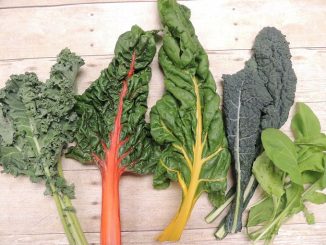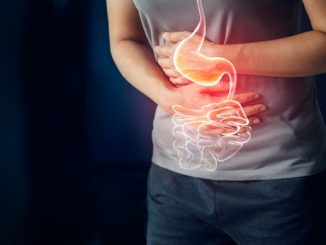
Constipation is a very common non-motor symptom of Parkinson’s. It can affect your quality of life and impact the effectiveness of certain Parkinson’s medications. If you are straining to empty your bowels or your bowel motions are hard and dry, you may be constipated. The good news is that dietary changes can help! So let’s explore some diet tips for managing and preventing constipation.
Why is it common with Parkinson’s?
- Parkinson’s can affect muscles of the bowel causing slowness and rigidity. When digestive tract movement slows constipation can result.
- Parkinson’s medications have the potential to cause constipation or make it worse.
- Poor diet and decreased levels of exercise can affect bowel activity.
How can it affect people with Parkinson’s?
- Constipation can impact the absorption and effectiveness of levodopa (one of the main medications used to treat Parkinson’s symptoms).
- Constipation can disturb bladder function. An over-full bowel due to constipation can press on your bladder, reducing the amount of urine it can hold.
- Straining due to constipation can weaken your pelvic floor muscles. Pelvic floor muscle strength is important for both bladder and bowel control.
- Severe constipation is the most common cause of bowel incontinence. Bowel incontinence is the inability to control your bowel motions. It can range from soiling your underwear to the loss of a full bowel motion.
Constipation needs to be treated!
- For healthy bowel function a diet containing an adequate amount of fibre and fluid is recommended. Healthy diet and bowels from the Continence Foundation of Australia is a great resource to help you consume an adequate amount of fibre and fluid.
- Aim to eat at least 25-30 grams of fibre each day. Click here to see the amount of fibre in a selection of foods.
- As a general rule, aim to drink 1.5-2.0 litres of fluid per day (6-8 glasses) unless advised otherwise by your doctor. More fluid may be required in hot weather and when exercising.
- It is important to note that certain foods and fluids may be unsuitable if you have chewing and swallowing difficulties. If this is the case, it is important to see a Speech Pathologist who can assess your chewing and swallowing ability and provide appropriate diet texture and fluid recommendations.
- Regular exercise has been shown to help prevent constipation. Always consult your doctor before starting any kind of exercise regime.
- When dietary changes and exercise are not sufficient to achieve regular bowel function, you may require a stool softener or laxative. It is best to talk to your treating doctor or Neurologist about which softener or laxative is most suitable for you.
Constipation is common and can significantly impact your quality of life. If you or your loved one is experiencing this non-motor symptom consider dietary changes, an increase in appropriate exercise and discussion with your treating doctor or Neurologist.
Sources:
-
MJFF Third Thursdays webinar – Dave Iverson, Why might constipation be a symptom of Parkinson’s, July 2015
-
The Continence Foundation of Australia/Australian Government Department of Health, Looking after your bowel – A Guide to Improving Bowel Function, May 2018
Parkinson Diet – Terms & conditions / Privacy policy



The articles you published opened my eyes to all the things I haven’t been eating that would help me stay mobile. The fruits and vegges on the list almost will serve for a meal with a good 8 oz steak. I think the Dr. I see knows how I eat but what I was eating left a little to be desired to make a well thought out meal.
Hi William, thanks for your comments. Plant foods are super important. I would even consider reducing the size of your steak and adding more different coloured vegetables to your plate.